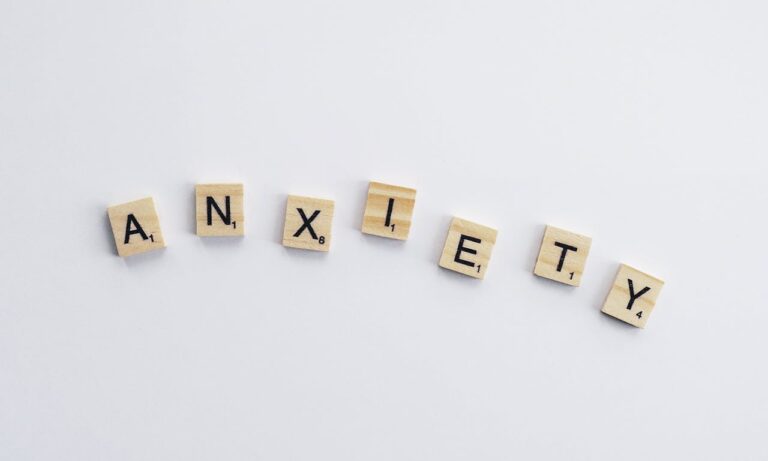
Being an EMT is a profession that requires quick thinking, adaptability, and a calm demeanor in high-pressure situations. However, for some EMTs, managing anxiety while performing their duties can present significant challenges. If you’re an EMT struggling with anxiety, know that you’re not alone, and there are strategies you can employ to cope with your symptoms while still providing excellent care. Here are some tips to help manage anxiety while being an EMT:
Practice Deep Breathing and Grounding Techniques: When faced with anxiety-inducing situations, practice deep breathing exercises to help calm your mind and regulate your nervous system. Grounding techniques, such as focusing on your senses or repeating a calming mantra, can also help anchor you in the present moment and alleviate feelings of panic.
Utilize Mindfulness and Meditation: Incorporate mindfulness and meditation practices into your daily routine to cultivate a sense of inner peace and resilience. Even just a few minutes of mindfulness meditation each day can help reduce overall stress levels and improve your ability to cope with anxiety-inducing situations on the job.
Seek Support from Colleagues: Don’t hesitate to lean on your fellow EMTs for support and understanding. Share your experiences and concerns with trusted colleagues who can offer empathy and validation. Knowing that you’re not alone in your struggles can provide a sense of comfort and solidarity.
Set Realistic Expectations: Acknowledge that it’s normal to feel anxious at times, especially in high-pressure environments like emergency medical services. Set realistic expectations for yourself and focus on doing your best in each situation rather than striving for perfection. Remember that it’s okay to ask for help when needed.
Prioritize Self-Care: Make self-care a priority in your life by engaging in activities that promote relaxation and well-being. Take breaks when needed, prioritize regular exercise and healthy eating, and ensure you’re getting enough sleep each night. Taking care of your physical and mental health is essential for managing anxiety effectively.
Consider Professional Support: If your anxiety significantly impacts your ability to perform your duties as an EMT or interferes with your overall quality of life, consider seeking professional support from a therapist or counselor. Therapy can provide you with coping strategies, support, and guidance tailored to your individual needs.
Managing anxiety while being an EMT requires self-awareness, resilience, and a willingness to seek support when needed. By implementing these strategies and prioritizing your mental health, you can continue to excel in your role as an EMT while effectively managing anxiety. Remember, you are capable and deserving of support as you navigate this journey.